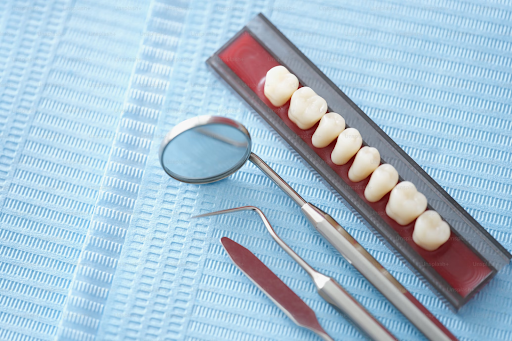When it comes to restoring a natural smile and regaining the ability to chew comfortably, dentures play a crucial role. For many years, traditional dentures have been the go-to solution for people missing teeth. However, with advancements in dentistry, implant dentures have emerged as a popular alternative.
Both options have their pros and cons, and choosing between them depends on individual needs and preferences.
Traditional Dentures: The Classic Choice
Traditional dentures have been used for centuries to replace missing teeth. These removable appliances are typically made of acrylic resin and sometimes metal attachments. They rest on the gums and rely on suction or adhesive to stay in place. For many people, traditional dentures are a reliable and affordable option for restoring dental function and appearance.
One of the main advantages of traditional dentures dentistry is their affordability. They are generally less expensive than implant dentures, making them accessible to a wider range of patients. Traditional dentures also require less invasive procedures, as they do not involve surgery to place implants into the jawbone.
However, traditional dentures come with their own set of challenges. Because they rest on the gums, they can sometimes slip or move while eating or speaking, which can be uncomfortable and embarrassing. Additionally, traditional dentures do not stimulate the jawbone like natural teeth or implants do, which can lead to bone loss over time.
Implant Dentures: A Modern Innovation
Implant dentures, also known as implant-supported dentures, offer a more stable and permanent solution compared to traditional dentures. These dentures are supported by dental implants that are surgically placed into the jawbone. The implants act as artificial tooth roots, providing a strong foundation for the dentures to attach to.
One of the primary benefits of implant dentures is their stability. Because they are anchored to the jawbone, implant dentures are much less likely to shift or move, allowing for a more natural chewing and speaking experience. This stability can also contribute to better long-term oral health, as the implants help preserve the jawbone and prevent bone loss.
Another advantage of implant dentures is their comfort. Since they mimic the natural structure of teeth more closely, many people find implant dentures to be more comfortable and easier to adapt to than traditional dentures. They also offer improved chewing efficiency, allowing patients to enjoy a wider variety of foods without restrictions.
Comparing the Two: Which is better?
The choice between implant dentures and traditional dentures depends on several factors, including oral health, budget, and personal preferences. Here are some key considerations:
- Cost: Traditional dentures are generally more affordable upfront, whereas implant dentures involve higher initial costs due to the surgery required for implant placement.
- Comfort and Stability: Implant dentures typically offer superior comfort and stability compared to traditional dentures, which can sometimes feel bulky and less secure.
- Bone Health: Implant dentures help preserve the jawbone and prevent bone loss, which is not the case with traditional dentures that rest on the gums.
Conclusion
In conclusion, both implant dentures and traditional dentures have their own advantages and disadvantages. Traditional dentures are a time-tested solution that works well for many people, offering affordability and ease of use.
On the other hand, implant dentures provide superior stability, comfort, and long-term oral health benefits.
